Home>Articles>What Is The Difference Between Air Purifier And Humidifier
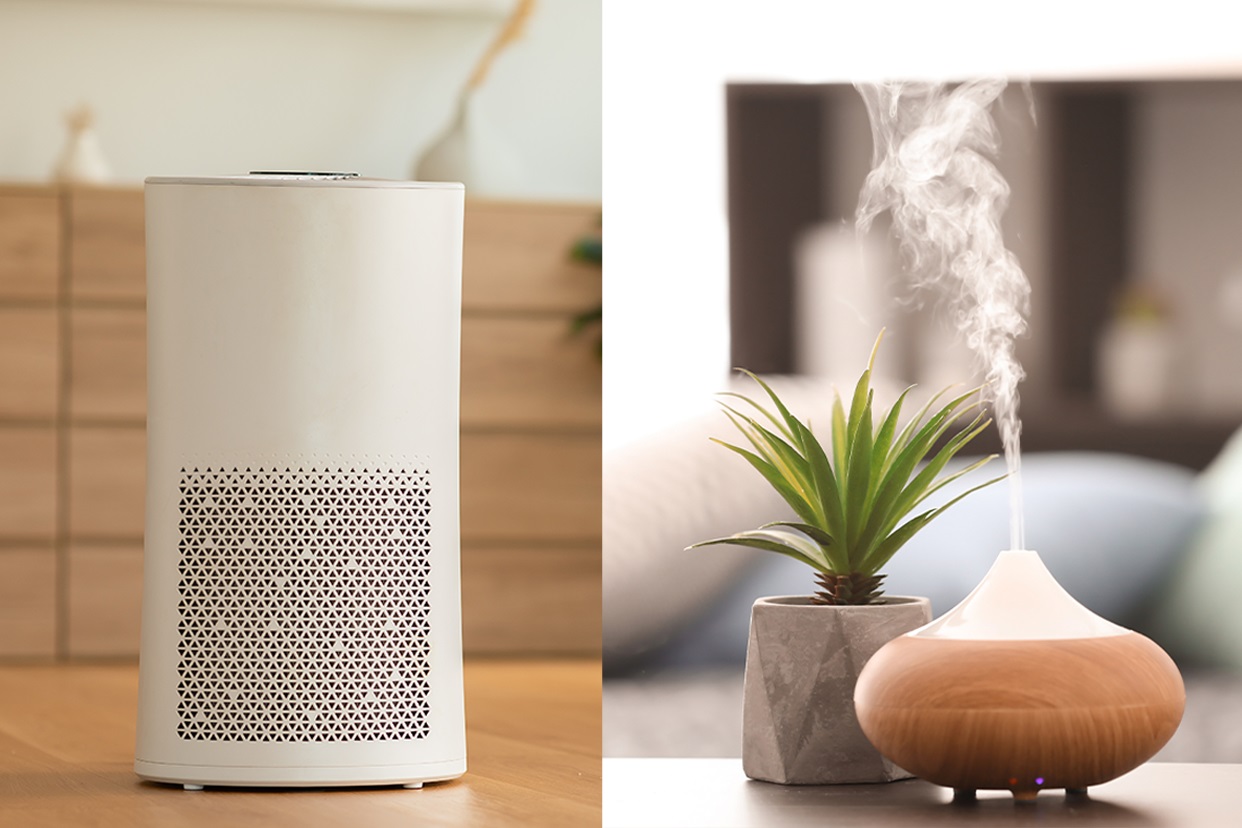

Articles
What Is The Difference Between Air Purifier And Humidifier
Modified: November 1, 2024
Discover the key distinction between air purifiers and humidifiers. This informative article explores their unique functions and benefits.
(Many of the links in this article redirect to a specific reviewed product. Your purchase of these products through affiliate links helps to generate commission for Storables.com, at no extra cost. Learn more)
Introduction
When it comes to improving indoor air quality and creating a comfortable living environment, two common appliances that come to mind are air purifiers and humidifiers. While both of these devices serve the purpose of enhancing the air we breathe, they have distinct functions and cater to different needs.
In this article, we will explore the key differences between an air purifier and a humidifier, their effects on air quality and respiratory health, as well as the benefits of using each appliance. By understanding their unique features and benefits, you can make an informed decision about which device is best suited for your specific needs.
Key Takeaways:
- Air purifiers focus on removing pollutants and improving air quality, benefiting those with allergies or respiratory conditions. Humidifiers, on the other hand, alleviate dryness and discomfort, promoting better respiratory health and overall well-being.
- When choosing between an air purifier and a humidifier, consider your specific needs, indoor conditions, and budget. Both devices contribute to a healthier indoor environment, with air purifiers targeting air quality and humidifiers addressing dryness and comfort.
Purpose of an Air Purifier
An air purifier is a device designed to remove airborne pollutants and contaminants from the air. It works by drawing in the surrounding air and passing it through a series of filters that capture particles such as dust, pet dander, pollen, bacteria, and viruses. The filtered air is then released back into the room, resulting in cleaner and healthier indoor air.
The primary purpose of an air purifier is to improve the overall air quality in your home or office. It can help reduce allergens that trigger respiratory conditions such as asthma and allergies. By removing harmful particles from the air, it also contributes to a cleaner and fresher environment, reducing unpleasant odors and creating a more pleasant living or working space.
Air purifiers are particularly beneficial for individuals who suffer from allergies or have respiratory sensitivities. They can provide relief from symptoms by eliminating common allergens like pollen and dust mites. Some air purifiers are also equipped with additional features such as activated carbon filters or ionizers, which can help remove odors or neutralize airborne toxins.
Overall, the purpose of an air purifier is to create a healthier and more comfortable indoor environment by reducing pollutants and improving air quality. It provides a proactive approach to protecting your respiratory health and can be especially useful for those with specific sensitivities or medical conditions.
Purpose of a Humidifier
A humidifier is a device that adds moisture to the air in a room or an entire building. It is commonly used in dry climates or during winter months when the air tends to become excessively dry due to indoor heating systems. The main purpose of a humidifier is to increase humidity levels, which can have a positive impact on respiratory health, skin, and overall comfort.
Humidifiers work by emitting water vapor into the air, either through evaporation or by using ultrasonic technology. This added moisture helps to maintain an optimal humidity level, typically between 30% and 50%. Dry air can cause a range of issues, including exacerbating respiratory conditions, dry skin, chapped lips, and irritated eyes. By introducing humidity, a humidifier can alleviate these problems and provide relief.
One of the primary benefits of using a humidifier is its ability to ease symptoms associated with respiratory ailments. Dry air can irritate the nasal passages, throat, and airways, leading to congestion, coughing, and sore throats. By increasing the moisture content in the air, a humidifier can help soothe these symptoms and make breathing easier, especially for individuals with asthma, allergies, or sinus conditions.
Moreover, a humidifier can also provide relief for dry and itchy skin. Low humidity levels can cause moisture to evaporate from the skin more quickly, leading to dryness, tightness, and discomfort. By replenishing moisture in the air, a humidifier helps keep the skin hydrated, preventing dryness and promoting a healthier complexion.
Additionally, humidifiers can benefit the home environment itself. Dry air can cause cracked wooden furniture, peeling wallpaper, and static electricity. By increasing humidity levels, a humidifier can help maintain the integrity of wooden materials and minimize these issues. It can also alleviate static electricity, making it easier to manage hair, clothing, and electronic devices.
In summary, the purpose of a humidifier is to introduce moisture into the air, leading to improved respiratory health, relief from dry skin, and a more comfortable indoor environment. By balancing humidity levels, a humidifier can help create an optimal living space, particularly in dry climates or during the winter months when indoor air tends to be excessively dry.
Key Differences between Air Purifier and Humidifier
While both air purifiers and humidifiers contribute to creating a healthier indoor environment, they have distinct functions and cater to different needs. Understanding the key differences between these appliances will help you determine which one is best suited for your specific requirements. Here are the main differentiating factors:
- Purpose: The main purpose of an air purifier is to remove pollutants and contaminants from the air, improving overall air quality. On the other hand, a humidifier adds moisture to the air, increasing humidity levels to alleviate dryness in the environment.
- Function: Air purifiers work by drawing in air and passing it through filters that trap and remove particles and pollutants. They focus on removing allergens, dust, pet dander, smoke, and other harmful particles from the air. Humidifiers, on the other hand, emit water vapor or mist to increase humidity levels, relieving dry air symptoms and improving respiratory health.
- Effects on Air Quality: Air purifiers target the removal of airborne pollutants, improving air quality by reducing allergens, odors, and volatile organic compounds (VOCs). Humidifiers, while they can help alleviate dry air discomfort, do not have a direct impact on air quality or the removal of pollutants.
- Respiratory Health: Air purifiers are beneficial for individuals with respiratory conditions such as asthma or allergies as they help remove allergens and irritants from the air, reducing symptoms and improving breathing. Humidifiers, on the other hand, provide relief from dry air symptoms such as congestion, dry throat, and skin irritation.
- Usage Recommendations: The usage of air purifiers is generally recommended for individuals who are sensitive to indoor air quality or suffer from allergies or respiratory conditions. Humidifiers are recommended for individuals who experience dry air symptoms, especially during dry weather or in regions with low humidity levels.
Overall, the key difference between air purifiers and humidifiers lies in the purpose and function. Air purifiers focus on removing pollutants and improving air quality, while humidifiers add moisture to the air to alleviate dryness and its associated symptoms. Considering your specific needs and the indoor environment will help you determine whether an air purifier or a humidifier is more suitable for you.
Effect on Air Quality
Both air purifiers and humidifiers can have an impact on the overall air quality in your living space, but in different ways:
Air Purifiers: Air purifiers are specifically designed to improve air quality by removing airborne pollutants, allergens, and irritants. These devices work by drawing air into the unit and passing it through various filters, such as HEPA filters, activated carbon filters, or electrostatic filters. These filters effectively trap and eliminate particles such as dust, pollen, pet dander, mold spores, and even some bacteria and viruses.
By removing these pollutants from the air, air purifiers can significantly reduce the concentration of harmful particles and improve the overall air quality. This is particularly beneficial for individuals who suffer from allergies, asthma, or other respiratory conditions, as it helps to minimize triggers and alleviate symptoms. Air purifiers can also be useful in reducing unpleasant odors, such as smoke or pet odors, making the indoor environment more pleasant.
Humidifiers: Unlike air purifiers, humidifiers do not directly impact air quality by removing pollutants. Instead, their primary function is to increase the humidity levels in the air. Low humidity can contribute to dryness and discomfort, especially during the winter months or in dry climates. By adding moisture to the air, humidifiers can alleviate symptoms such as dry skin, chapped lips, dry throat, and even reduce static electricity.
However, it’s essential to note that improper use of humidifiers can actually have a negative effect on air quality. Excess moisture in the air can create an ideal environment for mold and mildew growth if not properly regulated. It is crucial to monitor and maintain appropriate humidity levels between 30% and 50% to avoid excessive moisture and prevent the growth of mold or bacteria.
While air purifiers actively work to trap and eliminate pollutants, humidifiers indirectly contribute to air quality by maintaining proper humidity levels and preventing the negative effects of dry air. For optimal air quality, a combination of both devices may be beneficial, especially in areas where air pollution is a concern, and dry air is a common issue.
In summary, air purifiers have a direct impact on air quality by removing pollutants, allergens, and odors from the air, whereas humidifiers indirectly contribute to air quality by maintaining ideal humidity levels to prevent dryness and associated symptoms.
When choosing between an air purifier and a humidifier, consider your specific needs. If you want to improve air quality, go for an air purifier. If you need to add moisture to the air, a humidifier is the better choice.
Effect on Respiratory Health
Both air purifiers and humidifiers can have a significant impact on respiratory health, albeit in different ways:
Air Purifiers: Air purifiers play a vital role in improving respiratory health by removing airborne particles and pollutants from the air. These devices are particularly beneficial for individuals with respiratory conditions such as asthma, allergies, or chronic obstructive pulmonary disease (COPD).
Air purifiers work by trapping and filtering allergens and irritants, such as dust mites, pollen, pet dander, mold spores, and even certain bacteria and viruses. By removing these asthma triggers and allergens from the air, air purifiers help reduce the risk of respiratory flare-ups and alleviate symptoms such as coughing, wheezing, sneezing, and shortness of breath.
Furthermore, air purifiers can be effective in reducing exposure to indoor pollutants such as tobacco smoke, volatile organic compounds (VOCs) from cleaning products, and other harmful chemicals. This can be especially beneficial for individuals with sensitivities or conditions triggered by these pollutants.
Humidifiers: While humidifiers do not directly impact respiratory health by filtering out allergens or pollutants, they can provide relief for individuals with respiratory issues related to dry air. Dry air can exacerbate respiratory symptoms by irritating the nasal passages, throat, and airways. It can lead to dryness, congestion, coughing, and even nosebleeds.
By increasing humidity levels, humidifiers help alleviate dry air symptoms and promote a more comfortable respiratory environment. The added moisture can soothe nasal passages, reduce congestion, and prevent dryness, making it easier to breathe. This can be particularly useful during the winter months or in regions with low humidity levels where dry indoor air is common.
However, it is important to use humidifiers correctly and maintain proper humidity levels. Excessive moisture can create a breeding ground for mold, bacteria, and dust mites, which can worsen respiratory symptoms and cause additional health issues. It is recommended to keep humidity levels between 30% and 50% and clean and maintain humidifiers regularly to ensure optimal respiratory health benefits.
In summary, air purifiers are effective in improving respiratory health by removing allergens, pollutants, and irritants from the air. Humidifiers provide relief for respiratory symptoms related to dry air, such as congestion and dryness. Both devices can contribute to creating a healthier respiratory environment, but their effects are achieved through different mechanisms.
Benefits of Using an Air Purifier
Using an air purifier in your home or office can provide a range of benefits for your health and overall well-being. Here are some key advantages of using an air purifier:
- Improved Air Quality: The primary benefit of an air purifier is improved air quality. These devices are designed to remove allergens, pollutants, and irritants from the air, including dust, pollen, pet dander, mold spores, bacteria, and viruses. By reducing the concentration of these particles, air purifiers help create a cleaner and healthier indoor environment.
- Allergy Relief: For individuals who suffer from allergies, air purifiers can be a game-changer. They effectively trap and remove allergens from the air, reducing exposure to common triggers such as pollen and dust mites. This can significantly alleviate allergy symptoms such as sneezing, itching, congestion, and watery eyes.
- Asthma Management: Air purifiers are particularly beneficial for individuals with asthma. By eliminating asthma triggers from the air, such as dust mites, pet dander, and mold spores, air purifiers can help prevent asthma attacks and reduce respiratory symptoms. This can lead to improved asthma control and overall better quality of life.
- Odor Reduction: Air purifiers with activated carbon filters can effectively eliminate or reduce unpleasant odors in your living space. Whether it’s cooking smells, pet odors, or cigarette smoke, an air purifier can help neutralize these odors and improve the overall freshness of your indoor air.
- Better Sleep: Breathing in clean and fresh air can have a positive impact on your sleep quality. Air purifiers create a healthier sleeping environment by removing airborne particles that may disrupt your sleep, such as dust or allergens. This can lead to better sleep, improved breathing, and reduced nighttime allergies or asthma symptoms.
- Reduced Respiratory Infections: Air purifiers equipped with HEPA filters can effectively capture and eliminate bacteria and viruses from the air. This can help reduce the risk of respiratory infections and illnesses, keeping you and your family healthier.
- Less Cleaning: By reducing the amount of dust, pet dander, and other airborne particles, air purifiers can help keep your living space cleaner for longer. This means less dusting, vacuuming, and overall maintenance, saving you time and effort.
Overall, using an air purifier can contribute to a healthier and more comfortable living environment. From improved air quality and allergy relief to better sleep and reduced respiratory infections, the benefits of using an air purifier make it a valuable addition to any home or office space.
Benefits of Using a Humidifier
Using a humidifier in your home or office can provide numerous benefits for both your health and overall comfort. Here are some key advantages of using a humidifier:
- Relieves Dryness: One of the primary benefits of using a humidifier is its ability to alleviate dryness in the air. During the winter months or in dry climates, indoor heating systems can cause the air to become excessively dry, leading to discomfort such as dry skin, chapped lips, and dry throat. A humidifier adds moisture to the air, creating a more comfortable and hydrated environment.
- Improved Respiratory Health: Dry air can irritate the respiratory system, making it more challenging to breathe, especially for individuals with asthma, allergies, or sinus conditions. Using a humidifier helps to soothe the nasal passages, throat, and airways, making it easier to breathe and reducing symptoms such as congestion, coughing, and irritation.
- Soothes Dry Skin and Lips: Low humidity levels can cause dry skin, itchy skin, and cracked lips. By adding moisture to the air, a humidifier can help combat these issues, retaining moisture in your skin and lips and promoting a healthier complexion.
- Prevents Static Electricity: Dry air often leads to an accumulation of static electricity, resulting in annoying static shocks and clingy clothes. A humidifier reduces static electricity by maintaining proper humidity levels, making your environment more comfortable and avoiding those unpleasant surprises.
- Protects Wooden Furniture and Floors: Lack of moisture in the air can cause hardwood floors, wooden furniture, and musical instruments to dry out and crack. By maintaining optimal humidity levels, a humidifier helps prevent damage to these items, prolonging their lifespan and maintaining their appearance.
- Reduces Snoring: Dry air can contribute to snoring and other sleep-related issues. By adding moisture to the air, a humidifier can help alleviate nasal congestion and reduce the intensity of snoring, improving sleep quality for both the snorer and their partner.
- Promotes Faster Healing: Adequate humidity levels can help promote faster healing for individuals with respiratory illnesses, colds, or sinus infections. The added moisture in the air can soothe irritated tissues and help alleviate symptoms more quickly.
By using a humidifier, you can create a more pleasant and comfortable indoor environment, especially during dry periods or in regions with low humidity levels. From relieving dryness and improving respiratory health to preventing static electricity and protecting wooden furniture, the benefits of using a humidifier contribute to a healthier and more enjoyable living space.
Considerations when Choosing between an Air Purifier and Humidifier
When deciding whether to invest in an air purifier or a humidifier, there are several factors to consider. Each device serves a different purpose and caters to specific needs. Here are some key considerations to help you make an informed decision:
- Indoor Air Quality: If you are primarily concerned about improving indoor air quality by removing allergens, pollutants, and irritants, an air purifier is the better choice. It targets the purification of the air, making it ideal for individuals with respiratory conditions or allergies.
- Dryness and Comfort: If dryness is a significant issue, especially during winter months or in dry climates, a humidifier is the more suitable option. It adds moisture to the air, relieving dry skin, chapped lips, and respiratory discomfort associated with dry air.
- Health Concerns: Consider any specific health concerns you or your family members may have. If you suffer from allergies, asthma, or respiratory conditions, an air purifier can be beneficial in reducing triggers and improving respiratory health. If dry skin, congested nasal passages, or respiratory discomfort are the main concerns, a humidifier can provide relief.
- Combination Option: In some cases, using both an air purifier and a humidifier can be advantageous. If you live in an area with poor air quality and experience dryness simultaneously, a combination of the two devices may be more effective at addressing both concerns. Some manufacturers even offer hybrid devices that combine both air purification and humidification functions.
- Room Size: Consider the size of the room or area you intend to use the device in. Air purifiers and humidifiers come in various sizes, and it’s important to choose one that can adequately cover the square footage of the space. Make sure to check the device specifications to ensure they are appropriate for your needs.
- Maintenance and Cleaning: Take into account the maintenance requirements of each device. Air purifiers usually require regular filter replacements, while humidifiers need to be cleaned and maintained to prevent the growth of mold or bacteria. Consider the time and effort you are willing to invest in the maintenance of the device.
- Budget: Finally, consider your budget. Air purifiers tend to be more costly upfront, especially those with advanced filtration systems. Humidifiers have a wide range of options at different price points, depending on features and functionalities. Evaluate your budget and choose a device that offers the best balance between effectiveness and affordability.
By carefully considering these factors, you can make a well-informed decision on whether an air purifier or a humidifier is more suitable for your specific needs and living conditions. Remember that both devices serve important functions and can contribute to a healthier and more comfortable indoor environment.
Read more: What Is An Air Purifier
Conclusion
Choosing between an air purifier and a humidifier depends on your specific needs and the conditions of your indoor environment. While both devices contribute to creating a healthier and more comfortable living space, they serve different purposes and offer distinct benefits.
If your primary concern is improving indoor air quality and reducing allergens, pollutants, and irritants, an air purifier is the ideal choice. It effectively filters the air, removing harmful particles and improving respiratory health. This device is especially beneficial for individuals with allergies, asthma, or respiratory conditions.
On the other hand, if you are dealing with dryness and discomfort, particularly during the winter months or in dry climates, a humidifier is the more suitable option. It adds moisture to the air, alleviating dry skin, chapped lips, and respiratory symptoms caused by dry air. Humidifiers create a more comfortable environment, promoting better sleep and overall well-being.
Considerations such as indoor air quality, health concerns, room size, maintenance, and budget should guide your decision-making process. In some cases, using a combination of both devices can provide optimal results, particularly if you need to tackle both air quality and dryness issues.
Remember to carefully read the specifications, maintenance requirements, and user reviews of each device before making a purchase. This will ensure that you choose a device that suits your specific needs and provides the desired benefits.
In conclusion, whether you opt for an air purifier or a humidifier, both devices can greatly contribute to creating a healthier and more comfortable indoor environment. Consider your unique circumstances, prioritize your needs, and select the device that will have the greatest positive impact on your respiratory health and overall well-being.
Frequently Asked Questions about What Is The Difference Between Air Purifier And Humidifier
Was this page helpful?
At Storables.com, we guarantee accurate and reliable information. Our content, validated by Expert Board Contributors, is crafted following stringent Editorial Policies. We're committed to providing you with well-researched, expert-backed insights for all your informational needs.

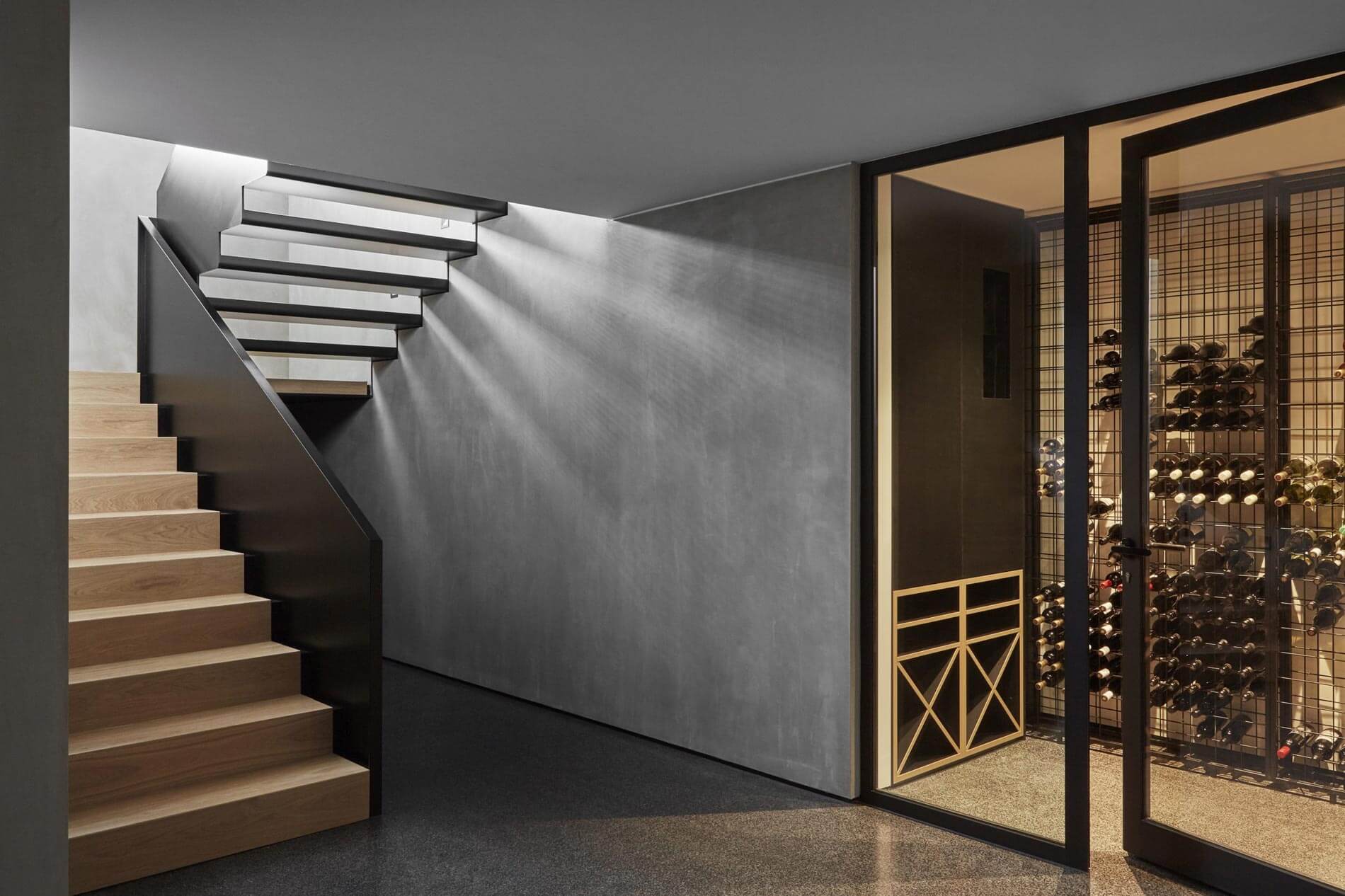

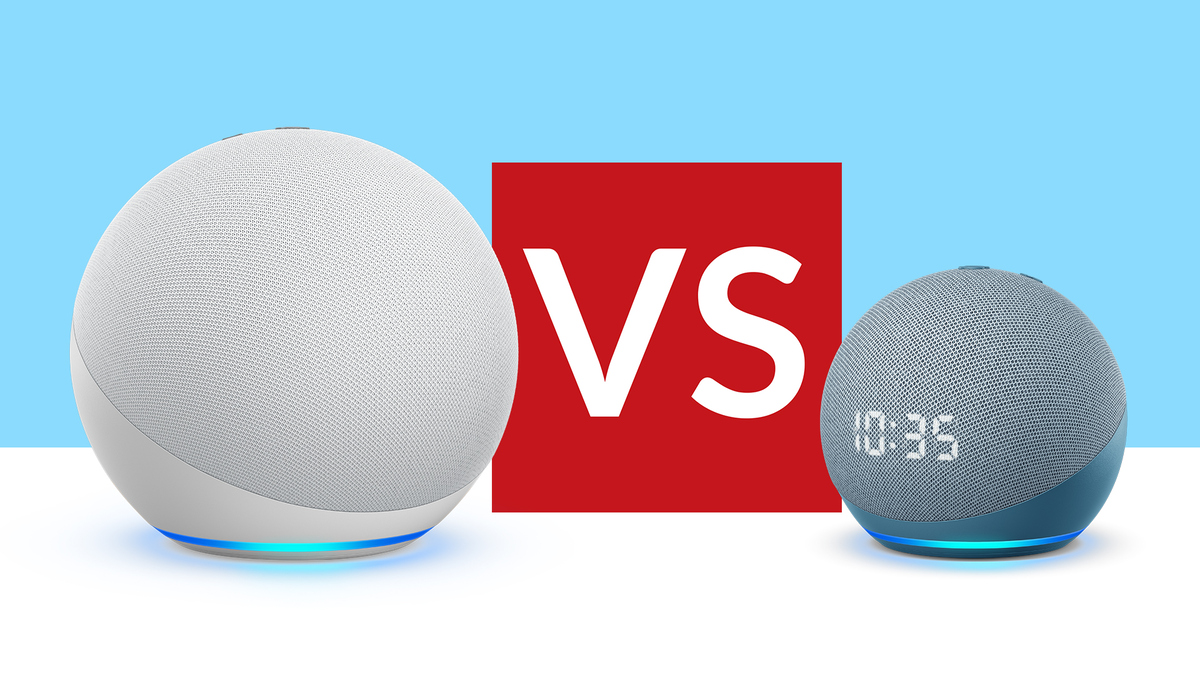






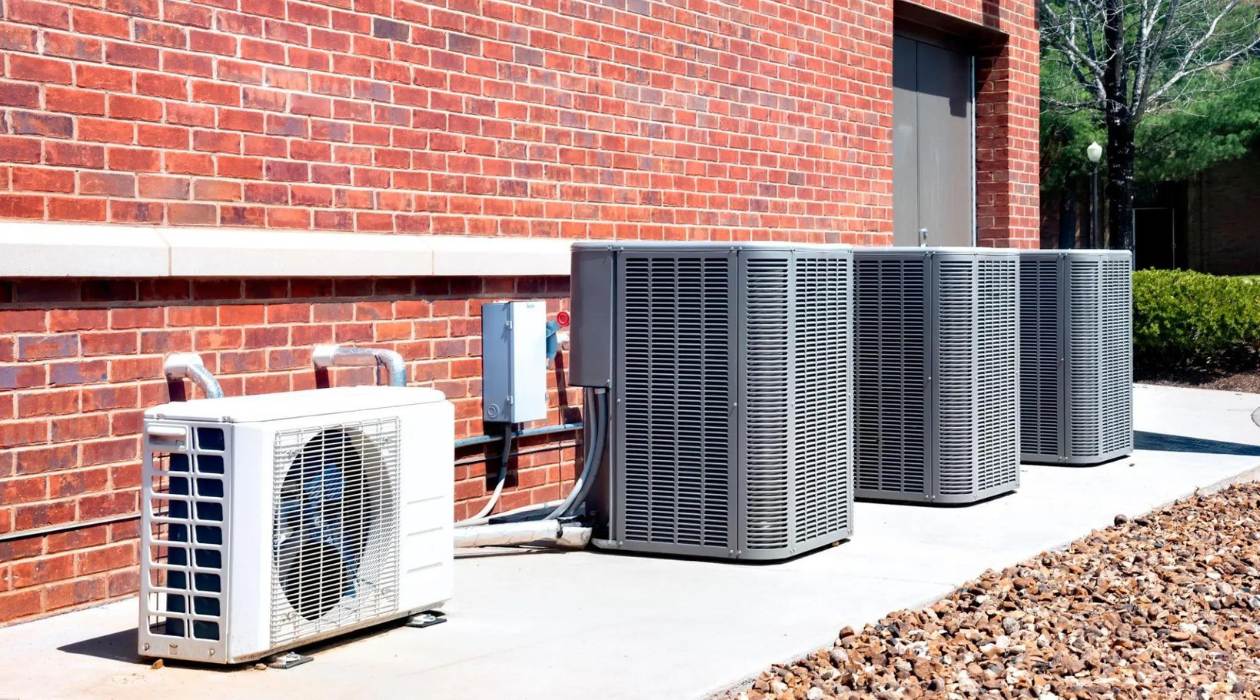

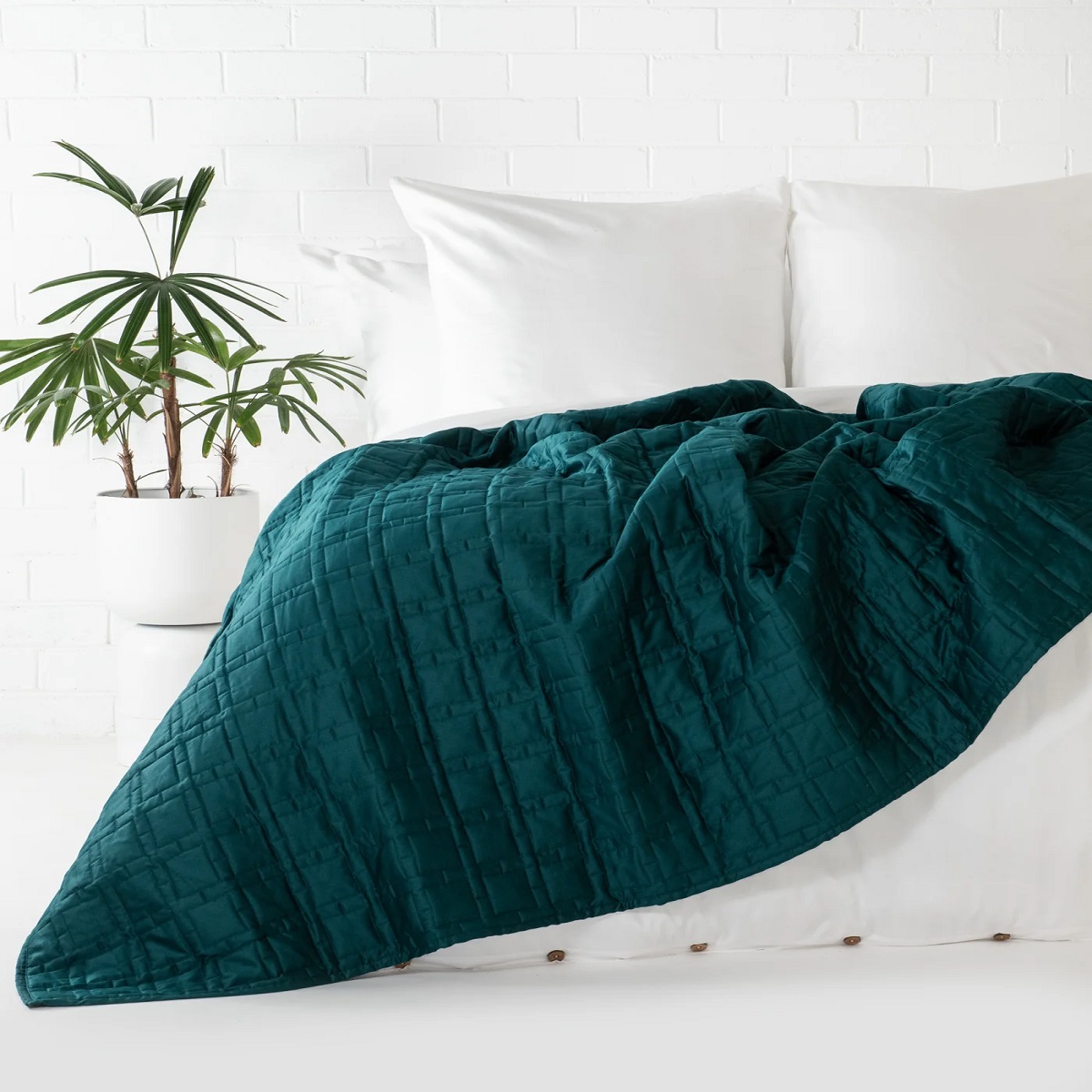

0 thoughts on “What Is The Difference Between Air Purifier And Humidifier”